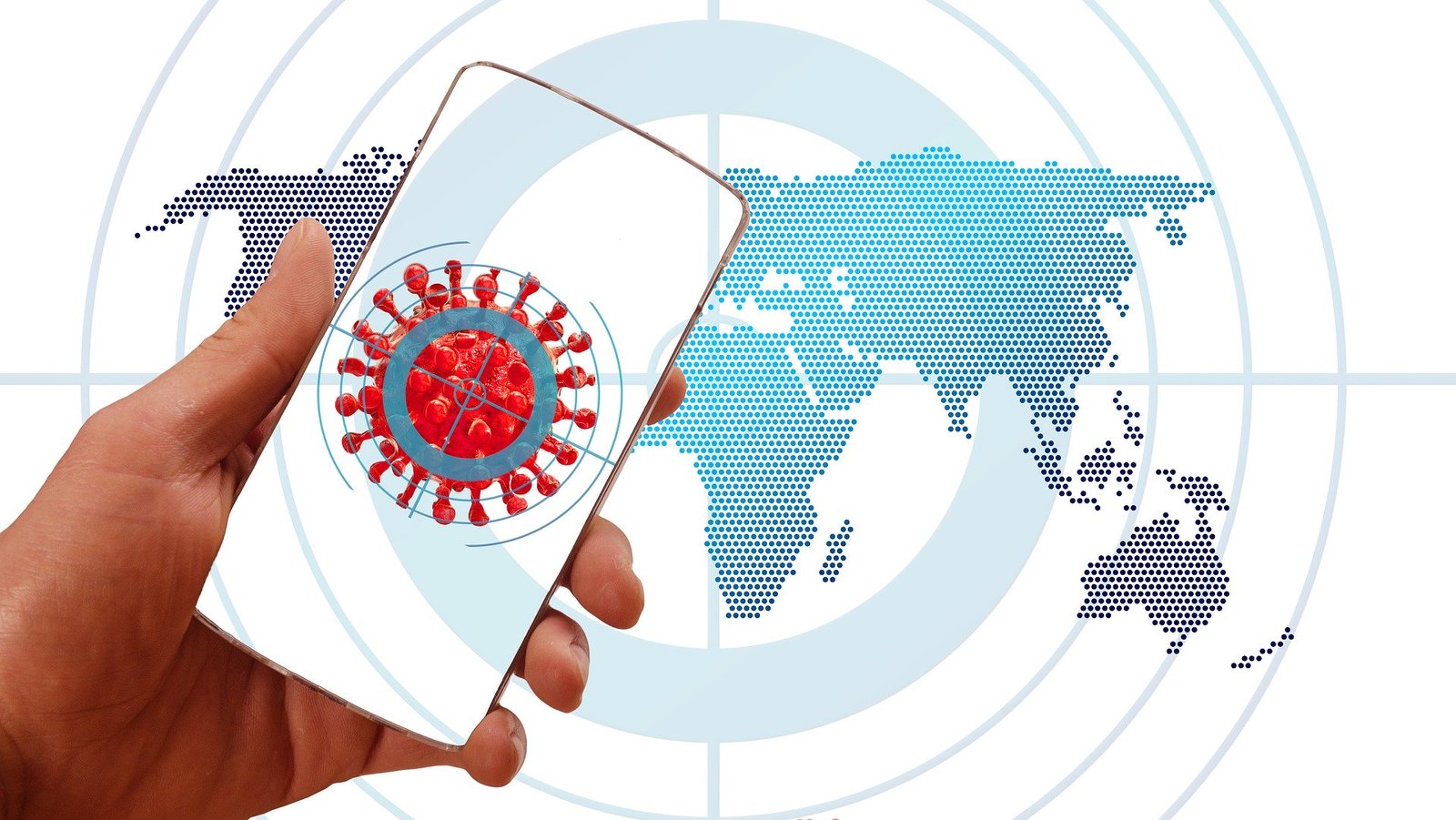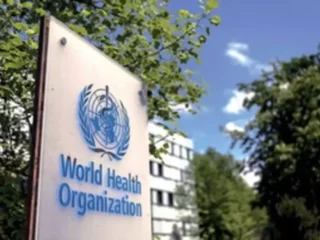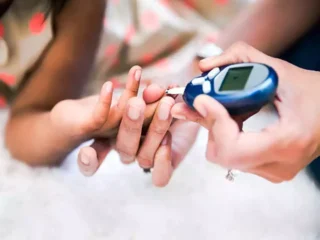The European Union has urged its 27 member countries to make the use of mobile telephone tracing apps voluntary and to apply similar standards to ensure that national systems can work together in fighting the spread of the coronavirus.
The virus has infected more than 850,000 Europeans, killing some 90,000 people, according to the European Centre for Disease Prevention and Control.
As countries lift movement restrictions, tracing whether someone has come into contact with an infected person will be key to allowing a return to normal life.
In a new set of guidelines, the European Commission says that public trust is paramount for the system to work.
“Such apps can only show their full potential if many people use them. Therefore, we want to give Europeans the trust in these apps,” said commission spokesman Johannes Bahrke.
“It’s fundamental that the instillation and use of an app is voluntary.”
Concern is rife about the potentially invasive nature of tracking people’s movements or the risk that their data might be shared with unknown authorities without their consent.
The commission said the platforms should be managed by public health authorities and dismantled once they are no longer needed. Their use should be voluntary, and no one should be punished for deciding not to download them.
The apps should function through Bluetooth wireless connections and work without any other mobile phone location services being activated.
Ideally, data would be protected by state-of-the-art encryption and only be kept as long as needed, the commission said. “We don’t recommend to use personal location for this. We actually say that it is not necessary,” Bahrke said.
The news is of special significance for India which has been aggressively pushing the adoption of a new app called ‘Arogya Setu’ which aims to act as a precautionary measure against COVID-19 outbreak. However, there have now arrived some concerns related to the app’s privacy measures.
This app aims to keep its users informed about crossing paths with someone who might have tested positive for the coronavirus. The app tracks a user via Bluetooth and location-generated social graph, which is then able to show if the user has had any interaction with anyone who has tested positive for the virus.
The New Delhi-based IFF (Internet Freedom Foundation), in a detailed report and analysis on contact tracing apps, has recently raised some serious concerns about the app’s collection of information, purpose limitation, data storage, transparency and accountability.








